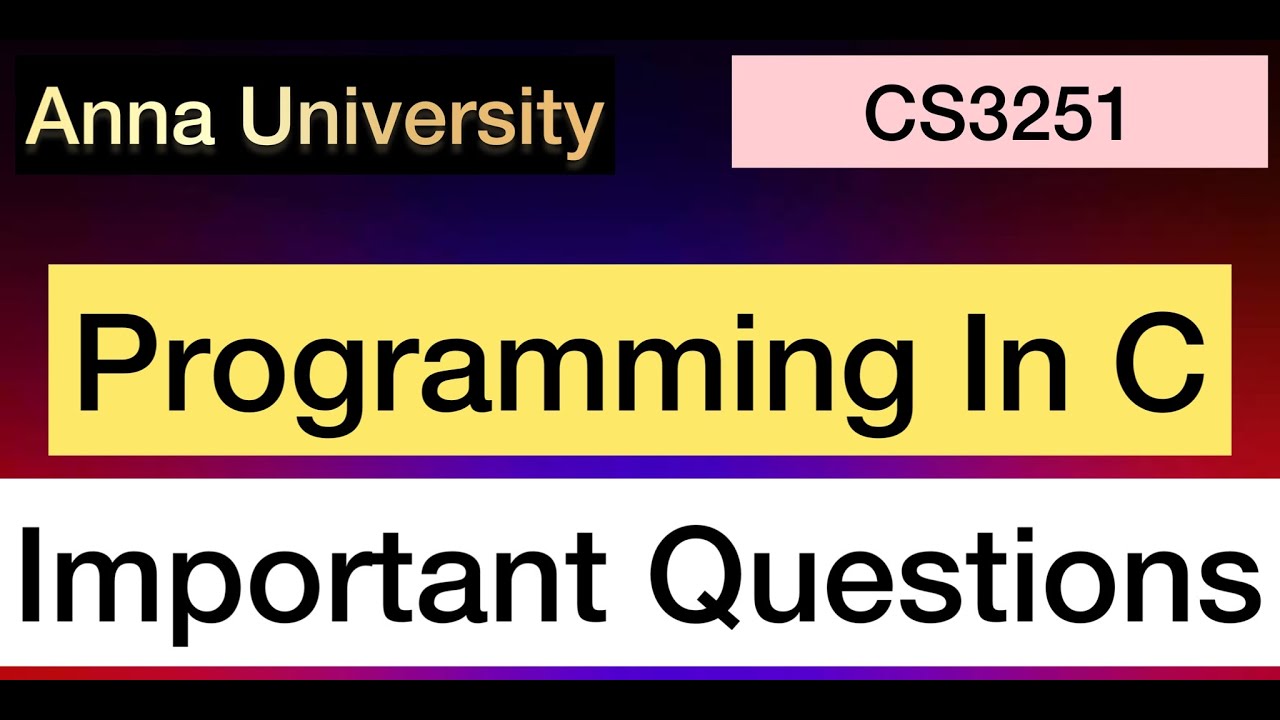Introduction IF324 Pemrograman Perangkat Bergerak
Summary
TLDRThis introductory video for the Mobile Programming course outlines the course objectives and structure. Taught by Supardi Anto, the course covers mobile programming basics, focusing on progressive web apps, Android native apps, and reactive programming. Students are expected to develop mobile applications, with practical assessments through a Project-Based Learning (PBL) approach. Key topics include Android interface design, database management, and app deployment to the Play Store. The course includes hands-on practice, theory exams, and collaborative discussions on platforms like Telegram, aiming to equip students with practical mobile development skills.
Takeaways
- 😀 The course *Pemrograman Perangkat Bergerak* (Mobile Programming) is offered in the third semester with 4 SKS (credit points) and course code IF 324.
- 😀 The main goal of the course is to teach students how to develop mobile applications for various devices.
- 😀 The course covers topics such as Progressive Web Apps (PWA), Android Native development, and React Native.
- 😀 Students are expected to learn how to use mobile device storage, create simple mobile apps, and understand client-server concepts.
- 😀 The course content is divided into three main sections: PWA (15%), Android Native (30%), and React Native (50%).
- 😀 The final weeks of the course will focus on deploying apps to the Google Play Store.
- 😀 Students will choose a development approach for their projects, such as PWA (low-level), Android Native (intermediate), or React Native (high-level).
- 😀 There will be a project-based learning (PBL) mechanism for evaluation, with 60% of the grade based on the project and 40% on theoretical knowledge.
- 😀 A Telegram group is available for students to discuss their projects, ask questions, and receive support from the instructor.
- 😀 The course encourages students to avoid just creating responsive web applications; they should create apps that use mobile devices as part of the project.
Q & A
What is the main objective of the Mobile Programming course (IF 324)?
-The main objective of the course is to teach students mobile programming concepts and techniques, enabling them to develop applications for mobile devices, including Progressive Web Apps (PWA), Android native applications, and reactive programming.
How many credits is the Mobile Programming course worth?
-The Mobile Programming course is worth 4 credits.
What are the core topics covered in this Mobile Programming course?
-The core topics include Progressive Web Apps (PWA), Android native development, and reactive programming, along with the deployment of applications to the Play Store.
What is the role of Project-Based Learning (PBL) in this course?
-Project-Based Learning (PBL) is a key component of the course, where students apply the concepts learned to real-world projects. It helps students develop practical skills and encourages collaboration to solve complex problems.
What are the expected learning outcomes for students in this course?
-Students are expected to understand mobile programming, use mobile device storage, create simple mobile apps, and build applications with client-server architecture.
How is the course content evaluated?
-The course is evaluated through a Project-Based Learning (PBL) project (60% of the grade), a theory exam (20%), and a final exam (20%).
What is the weightage of each topic in the course?
-Progressive Web Apps (PWA) accounts for 15%, Android Native Development for 30%, and Reactive Programming for 50%. There is also a focus on deployment to the Play Store at the end.
What tools or platforms are students expected to use in the course?
-Students will use tools and platforms related to Progressive Web Apps (PWA), Android native development, and reactive programming. Specific tools will be introduced during the course.
How should students approach the selection of their PBL project?
-Students should discuss with their project managers to decide whether to use Progressive Web Apps, Android Native development, or Reactive Programming for their PBL project, depending on the project's requirements and their skill levels.
What is the role of the Telegram group in this course?
-The Telegram group serves as a platform for students to discuss course materials, ask questions, and receive guidance from the instructor or peers regarding project development and challenges.
Outlines

Cette section est réservée aux utilisateurs payants. Améliorez votre compte pour accéder à cette section.
Améliorer maintenantMindmap

Cette section est réservée aux utilisateurs payants. Améliorez votre compte pour accéder à cette section.
Améliorer maintenantKeywords

Cette section est réservée aux utilisateurs payants. Améliorez votre compte pour accéder à cette section.
Améliorer maintenantHighlights

Cette section est réservée aux utilisateurs payants. Améliorez votre compte pour accéder à cette section.
Améliorer maintenantTranscripts

Cette section est réservée aux utilisateurs payants. Améliorez votre compte pour accéder à cette section.
Améliorer maintenant5.0 / 5 (0 votes)






